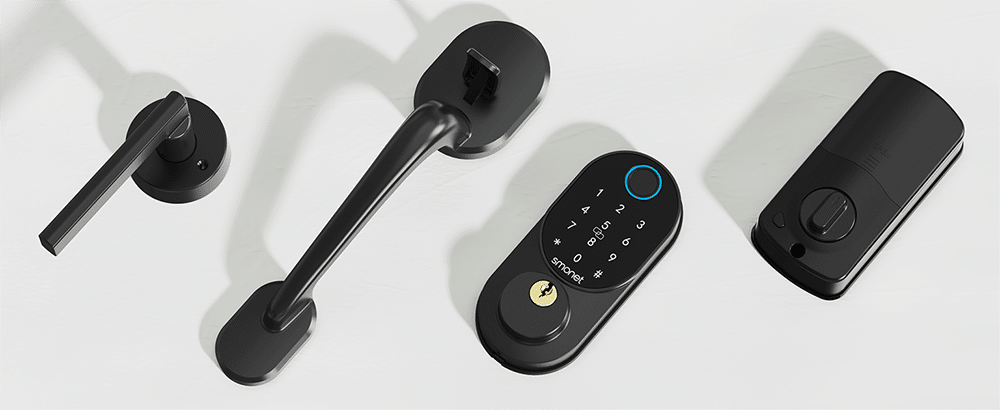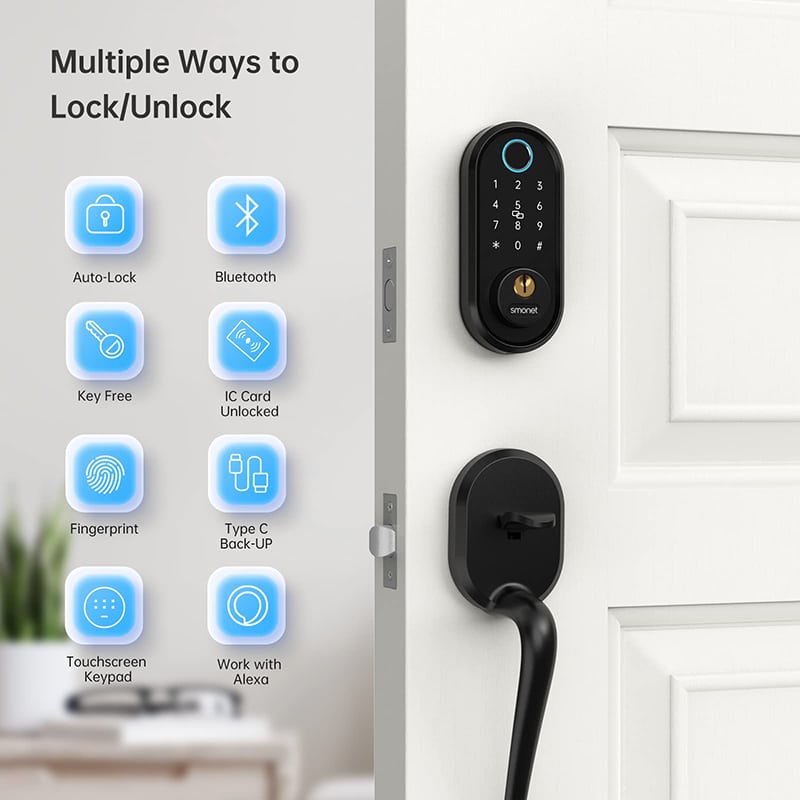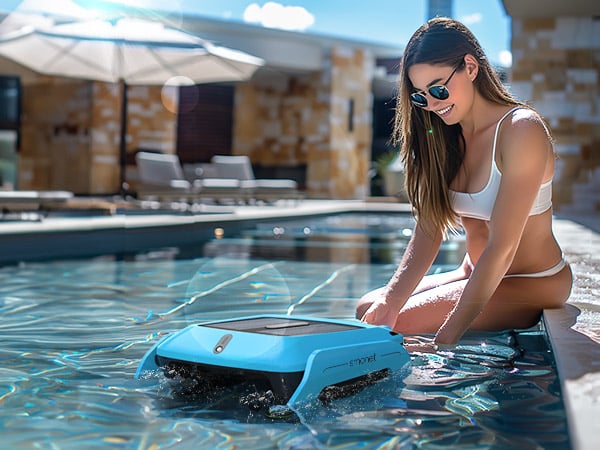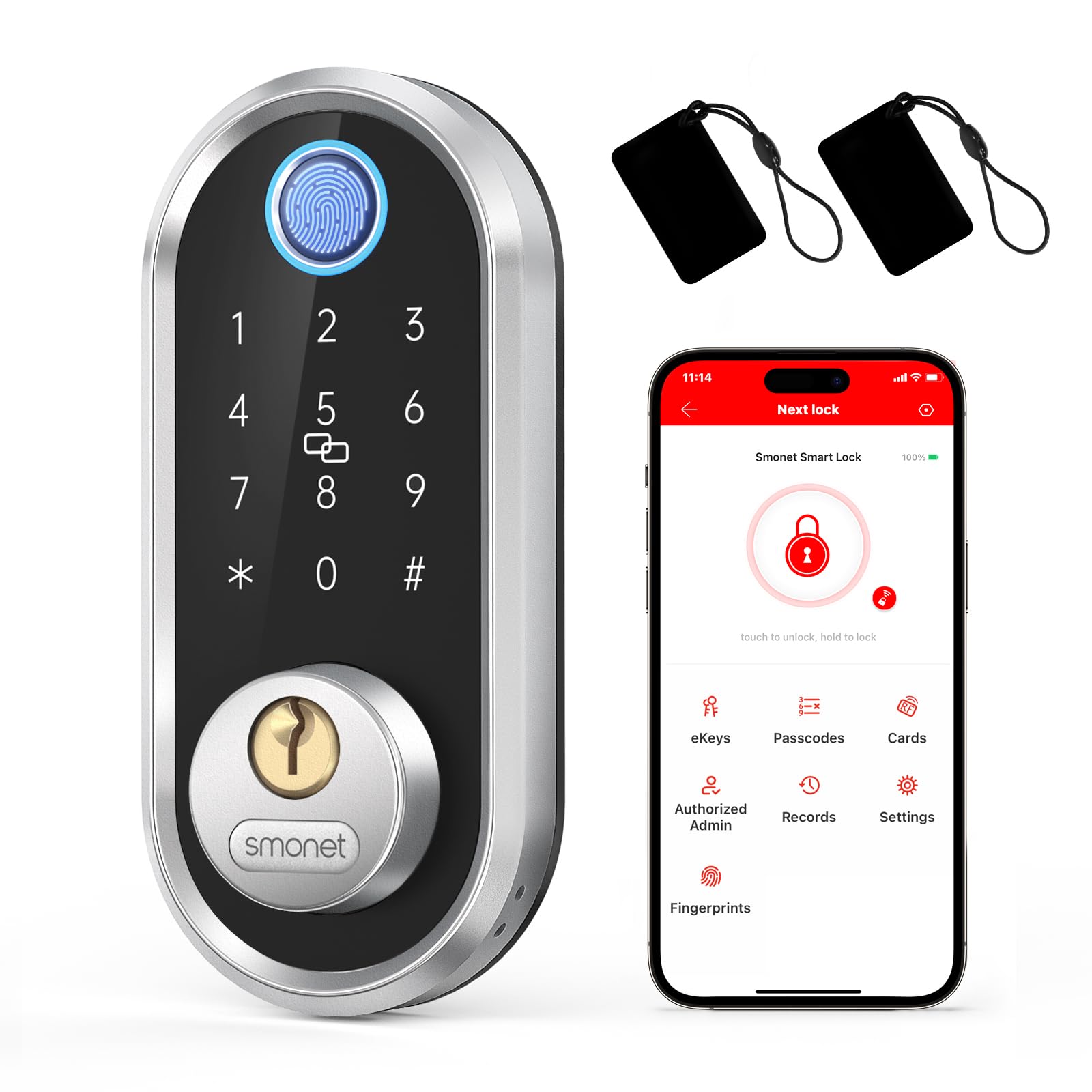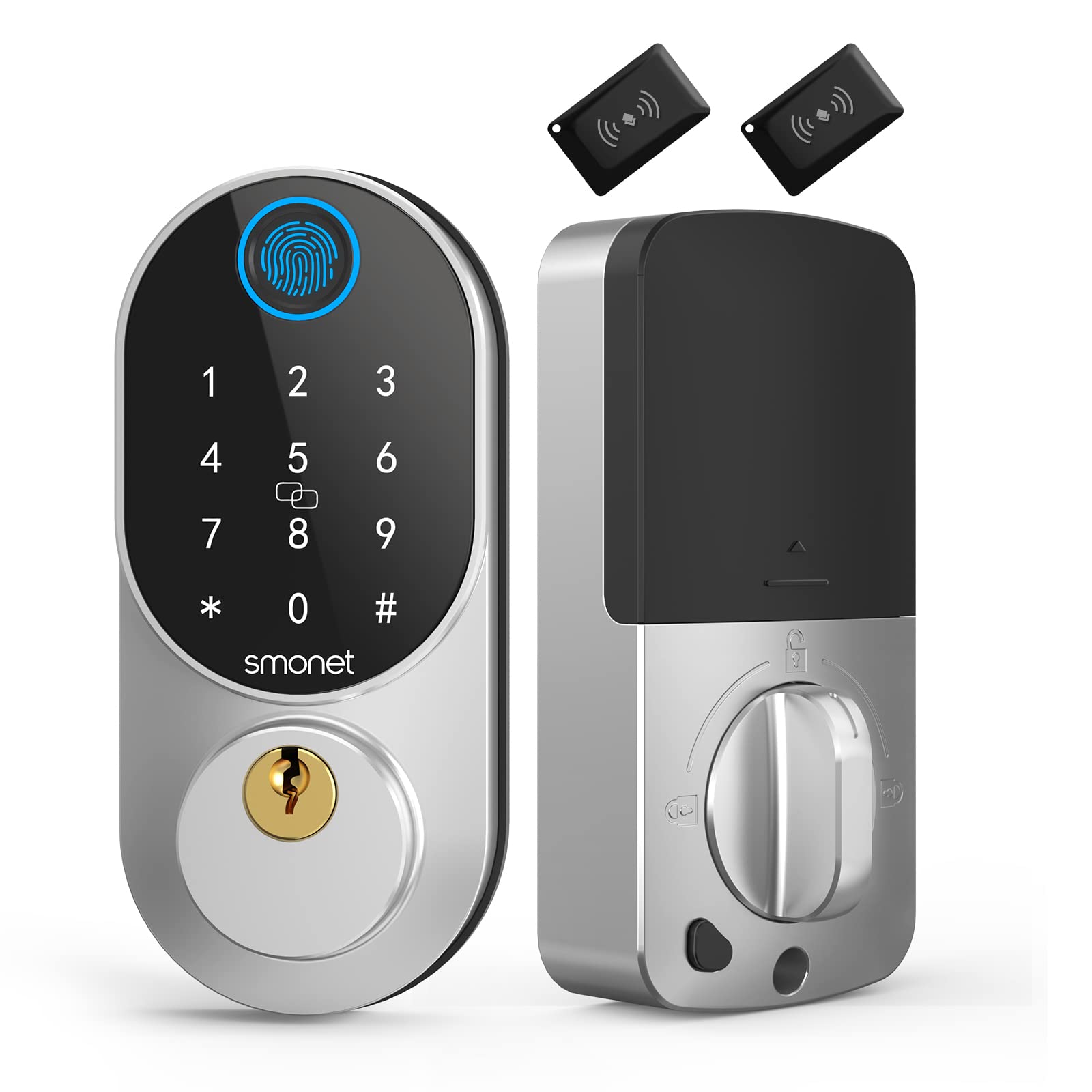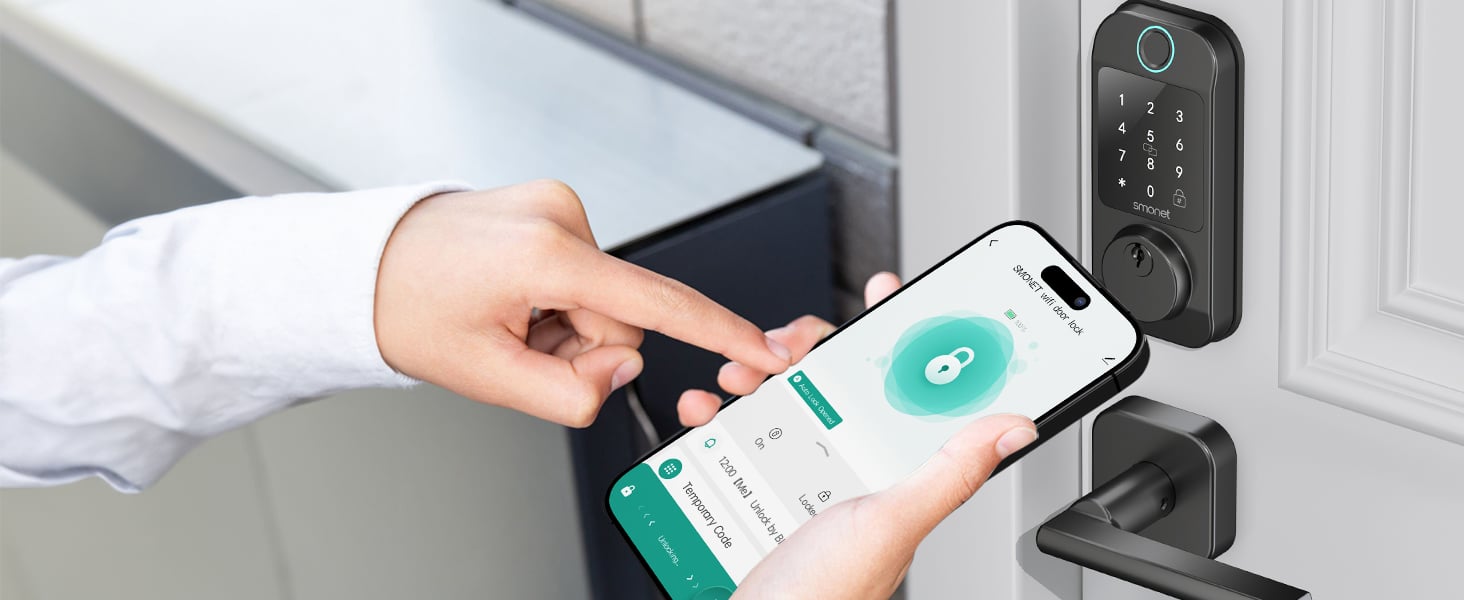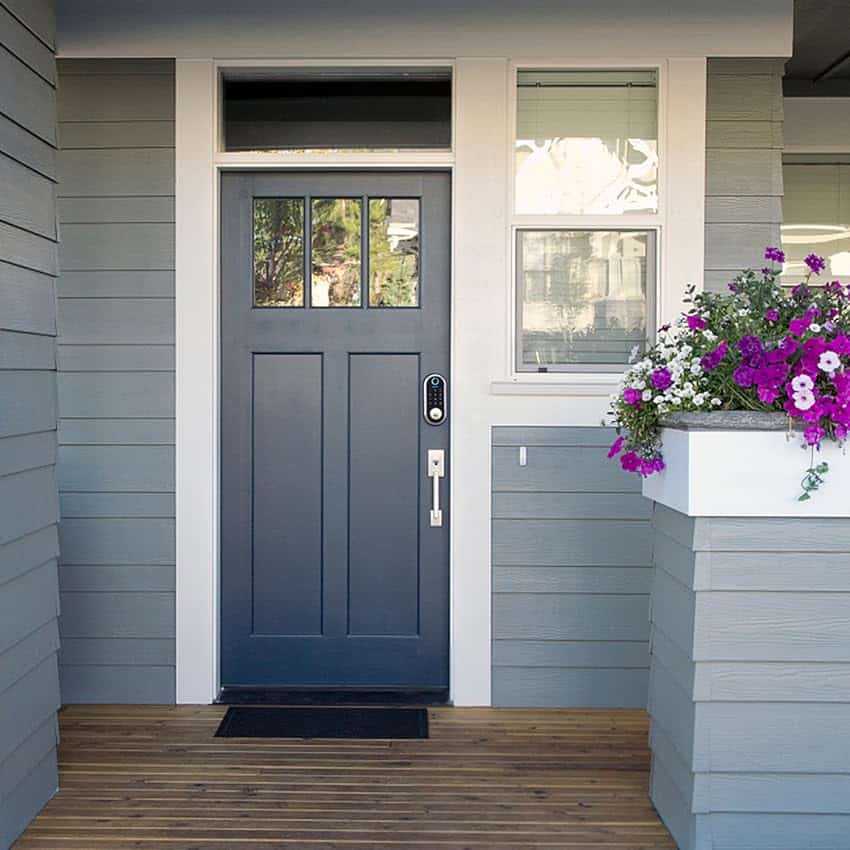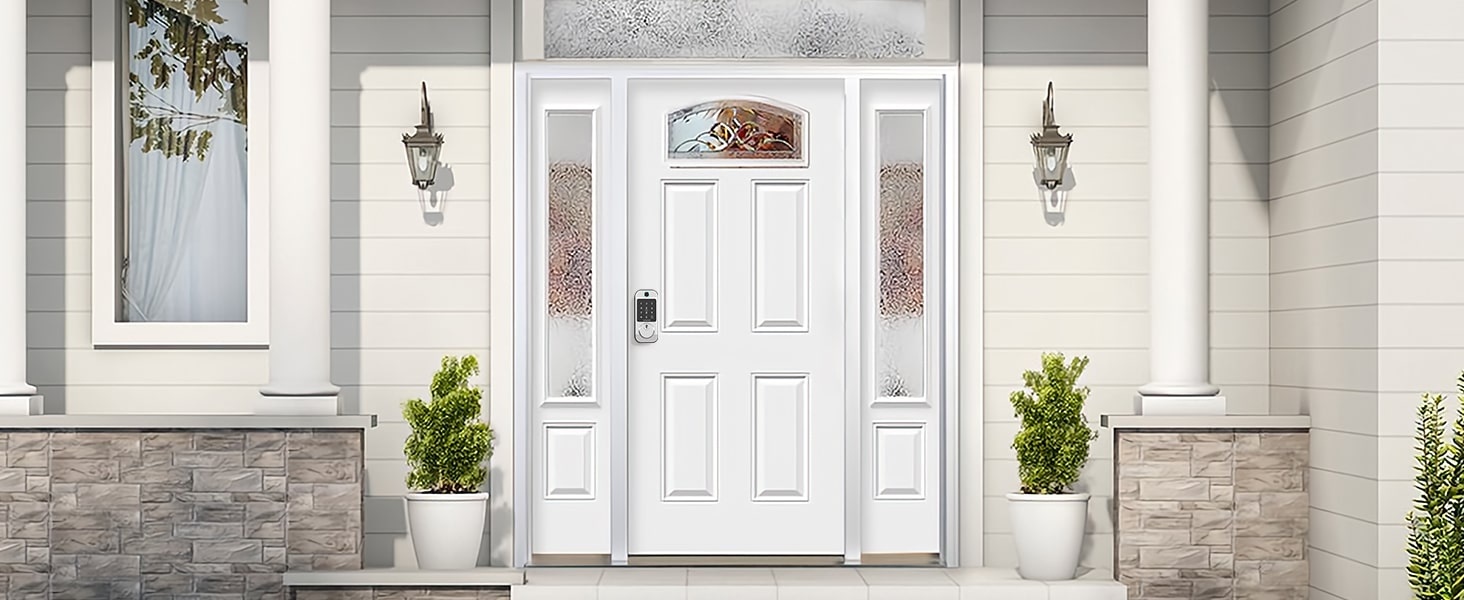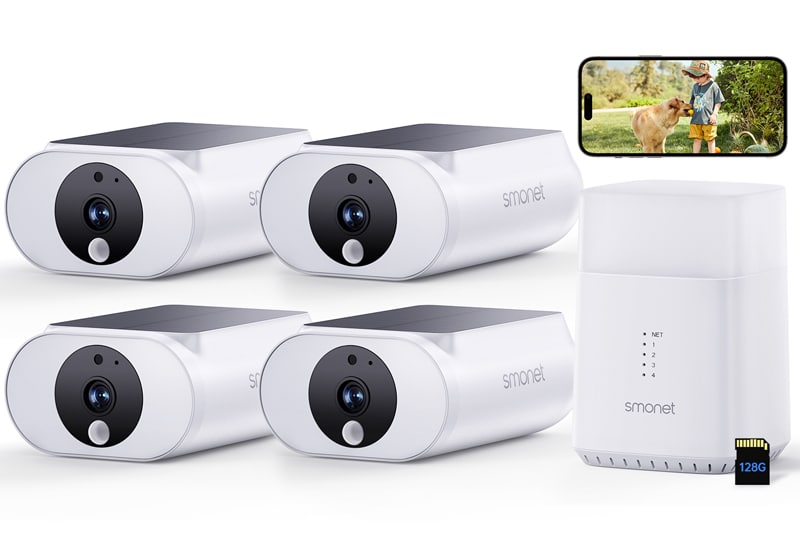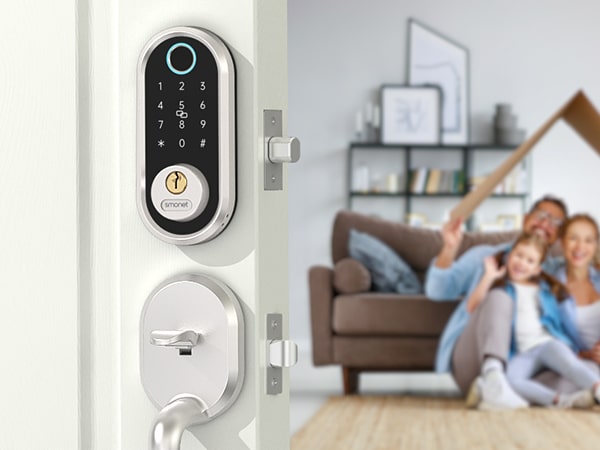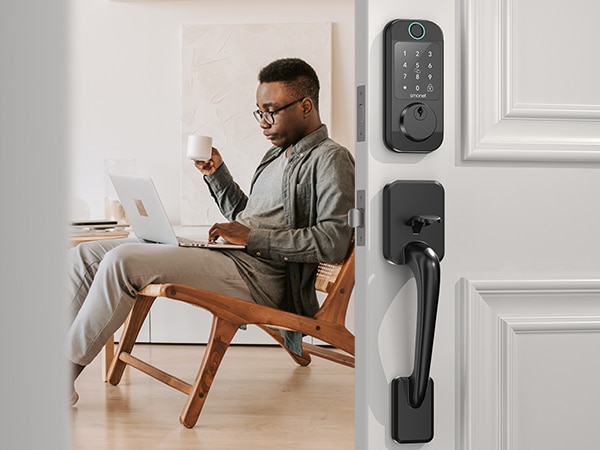Guiding Through the Choice of keyless entry door lock in Remote Areas with WiFi Constraints
As we increasingly rely on technology to simplify and augment our lives, an impressive array of smart devices has emerged, such as smart TVs, smart fridges, and notably, smart door locks. However, these high-tech devices often depend on stable Wi-Fi connectivity. So, what happens when you live in a remote, Wi-Fi constrained area? How do you choose a best keyless entry door lock?
Firstly, let's understand why connectivity is important.
Smart door locks offer a wealth of convenience and security features that regular, traditional locks just can’t match. They can be locked and unlocked remotely, offer access through coded entry, and even send alerts to your phone if someone is tampering with your lock. The majority of these features bank on WiFi to operate seamlessly. But not all hope is lost if your home lacks a consistent WiFi signal.
When living in an area with limited or inconsistent WiFi, it’s crucial to select a smart door lock based on its ability to work offline. That said, you need a lock that offers connectivity options besides just WiFi.
Bluetooth-enabled smart locks are a sensible choice for homes in remote areas. A lock that can connect to your phone or other smart devices via Bluetooth will still allow you basic remote access within a certain range from the lock. Bluetooth smart door locks often have an app that allows you to unlock or lock your door directly from your phone, within a certain radius, WiFi not necessary.
Additionally, many smart keyless door lockmodels offer keypad or pin code access.
These versions work entirely offline and don’t need any kind of network connection to function properly. You can easily add, change, or delete the PIN codes that unlock the door. This offline functionality makes them immune to any network issues or concerns.
Battery life is also an important factor to consider when choosing your smart keyless entry door lock for a remote area. WiFi connections typically drain a smart lock’s battery faster, so without WiFi, your lock’s batteries may even last longer. Keep in mind that your smart lock’s battery needs to be reliable, as the last thing you want is to be locked out of your home due to a dead battery.
Lastly, the overall robustness and durability of the lock is an essential factor.
Being in a remote area, professional help will not be immediately available, so you’ll want a lock that doesn’t easily succumb to weather, wear, or tampering.
In conclusion, while WiFi certainly enriches the smart door lock experience, it isn’t the be-all and end-all of your home security. By prioritizing Bluetooth connectivity, pin-code access, battery life, and lock robustness, you can still enjoy the benefits of a smart door lock even in the most secluded, WiFi sparse locations.
Prime Day OFF
Until the End
-
Master Of Cleanliness: Visual Guide To Recognizing And Understanding Your Electric Pool Cleaners
-
Making the Right Choice for A Best Keypad Door Lock: A Guide Based on Material Consideration
-
The 7 Most Common Types of Locks for Home and Office Security
-
Door Knob With Fingerprint Identification- The Future Of Home Security
-
Selecting the Ideal Digital Door Lock Style and Color for Your Abode
-
Evolution Of Security- Smart Door Key Lock
-
Mailbox Digital Lock- Reinventing Mail Security In The Digital Age
-
Exploring Alternative Unlocking Solutions - Smart Lock Fingerprint Cards and Wristbands
-
Touch Id Door Locks- Next-Generation Security At Your Fingertips
-
Smonet Home Door Lock- The Future Of Home Security

